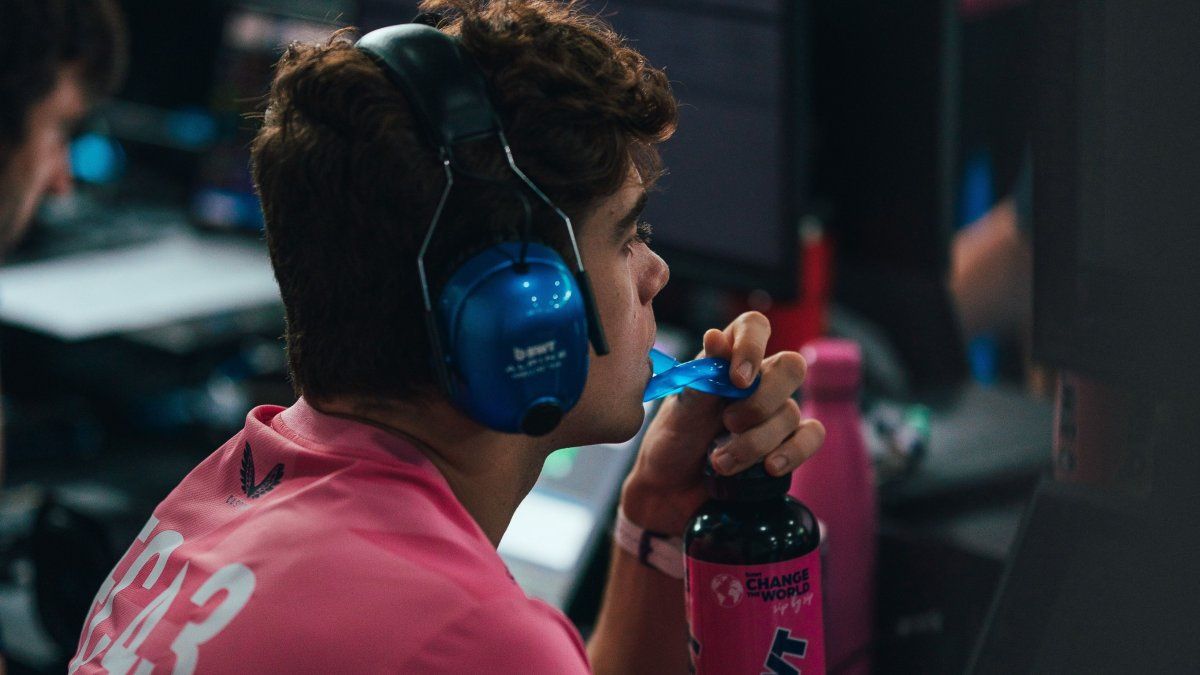On the Förde, things are clear: Daniel Günther is the happy election winner in Schleswig-Holstein. And yet the election in the land between the seas has a few more important clues ready. That’s them.
The situation in Kiel is clear after the state elections. “The election winner is the CDU, we are,” a visibly relaxed CDU candidate and Prime Minister Daniel Günther called out to his cheering supporters on Sunday. Behind the CDU, on the other hand, the SPD is experiencing a historic disaster, it is even being overtaken by the Greens. The most important initial findings from the election in Kiel:
The CDU as a beaming winner
For the CDU, the election in the far north ends with a brilliant victory. In polls, it has long been far ahead of all other parties, but according to the projections it is even better. It is more than 43 percent – the last time it achieved this was in elections in the 1980s.
Traditionally, the CDU and SPD are usually much closer together in the north. The fact that things are different this time is thanks to the successful government cooperation with the Greens and FDP over the past five years – and above all a consequence of the high personal approval ratings for the Prime Minister himself.
Günther is the guarantor of his party’s success, election researchers spoke of an unambiguous “choice of people”. On the evening of the election, the winner himself, while frenetically shouting “Daniel, Daniel”, spoke of an “enormous vote of confidence” that “affected him, also personally”. But you can also put it like FDP leader Christian Lindner: “It wasn’t a state election, it was a Günther election.”
Disaster for the SPD
The SPD, on the other hand, experiences a disaster in the election. According to projections, it has the worst state election result in its history in Schleswig-Holstein. Even the Greens overtake the Social Democrats with their top man Thomas Losse-Müller, who has no chance against Günther.
However, there was little to be heard from the SPD that evening about self-doubt, and the party wanted nothing to do with criticism of its concepts and its candidate. Losse-Müller himself points to the “great challenge” of an election campaign against the successful government and the difficulties in getting national political ideas through in the times of the corona crisis and the Ukraine war.
SPD state leader Serpil Midyatli and Kiel SPD veteran Ralf Stegner also strengthened Losse-Müller on Sunday evening. The SPD has backed the right issues and “the right candidate,” emphasizes Midyatli. Stegner speaks of a “debacle”, but also sees the reason in the circumstances. He hopes that Losse-Müller “does not give up” and is now making a name for himself in the state parliament.
It can be clearly seen how hard the comrades are trying not to associate Chancellor Olaf Scholz with the disastrous performance. Secretary General Kevin Kühnert says: “The SPD has gotten under the wheels in Schleswig-Holstein.” At the same time, he hastens to add later: “There is no Olaf Scholz in this defeat.”
Who will rule with whom in the future?
The question of the future government in Kiel remains open on the evening of the election. The CDU could therefore forge coalitions of two with the Greens, FDP or even the SSW. Unlike in 2017, a tripartite alliance would no longer be necessary. However, that in particular does not cause Günther to be particularly enthusiastic. Before the election, he described the continuation of Jamaica as a “desired situation”.
Even in the hour of what is probably his greatest triumph on Sunday, he does not forget to point out the contribution of the Greens and the FDP to his success. Together, a “new style” was coined. He will therefore now speak to both of them. CDU Deputy Head of State Karin Prien also seconded: It is “a question of respect” that the CDU does not comment on a coalition preference before talks.
What does this mean for the other parties?
For the Greens in particular, the election result brings a bitter mixture of joy and concern. According to projections, they achieve their best state election result. Nevertheless, they could end up on the hard benches of the opposition if the CDU ultimately decides in favor of the FDP in the forthcoming coalition talks.
For the AfD, which is deeply divided in Schleswig-Holstein, a long streak of success could break if it flies out of a state parliament there for the first time. The SSW, on the other hand, achieved its best result in 1950 years. Lead candidate Lars Harms also declared his readiness for coalition talks on Sunday. A democratic party should “never say no” to this option.
What effects does the result have on the state elections in North Rhine-Westphalia?
Schleswig-Holstein well and good. But throughout the evening of the election in Kiel, one had the impression that the result had already been priced in at party headquarters. As nice as 43 percent may be for the CDU on the Förde: Success in the coming week in Düsseldorf counts for much more. And here, according to the polls, the race between incumbent Hendrik Wüst (CDU) and SPD challenger Thomas Kutschaty is much more open. CDU leader Friedrich Merz can blow through Daniel Günther’s triumph after the disaster in the Saar. But nothing more. Should Christian Wüst not win in Dusseldorf, the paint would be a little scratched at the new CDU chairman Merz, Kyiv trip or not. Conversely, the SPD may be able to get Olaf Scholz out of the line of fire after a botched state election. A second time, after a failure on the Rhine and Ruhr, it should by no means be managed so silently.
Source: Stern
David William is a talented author who has made a name for himself in the world of writing. He is a professional author who writes on a wide range of topics, from general interest to opinion news. David is currently working as a writer at 24 hours worlds where he brings his unique perspective and in-depth research to his articles, making them both informative and engaging.




